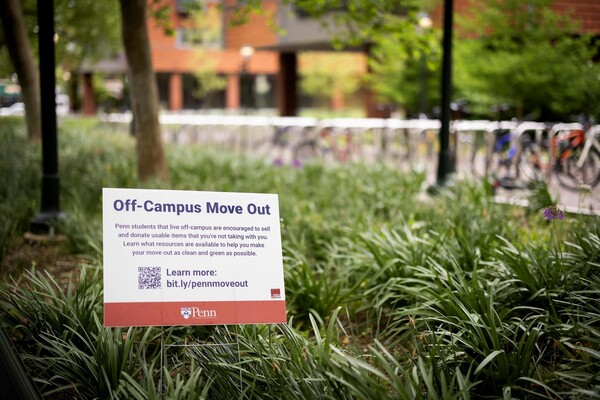
nocred

nocred

nocred

The University of Pennsylvania and School of Veterinary Medicine community celebrated the groundbreaking of the Gail P. Riepe Center for Advanced Veterinary Education. (Left to right:) Scarlett Loya, Amy Durham, J. Larry Jameson, Jim Riepe, Gail Riepe, Andrew M. Hoffman, Robert Marookian, and Barbara Dallap Schaer.
(Image: Lisa Godfrey)

nocred
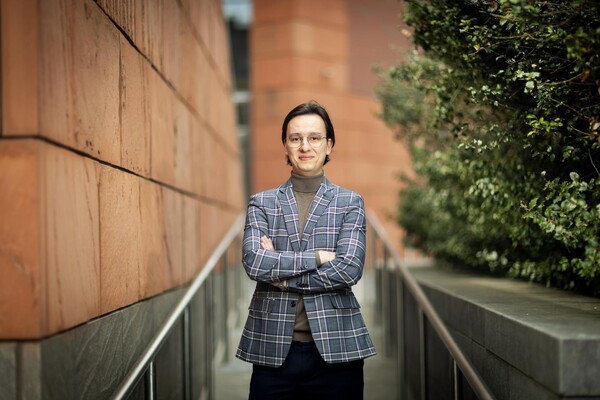
nocred

Image: Carlos Cintron
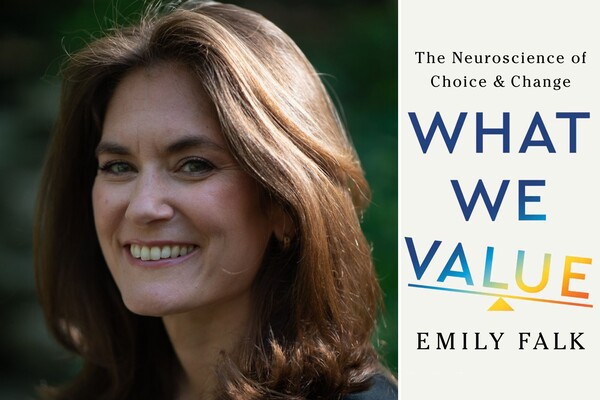
nocred

Dana Bubka, an aspiring diagnostic poultry veterinarian, has been doing clinical rotations at New Bolton Center leading up to her graduation in May from the School of Veterinary Medicine.
nocred
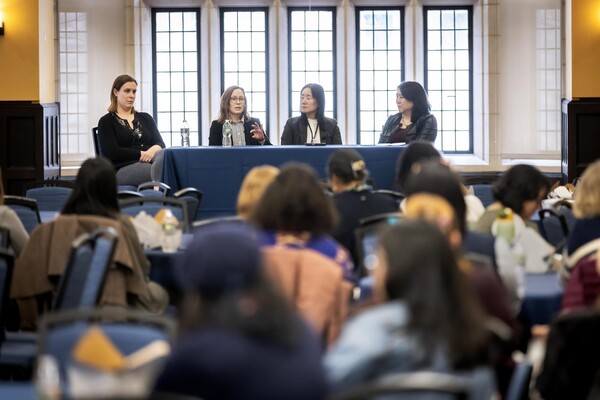
This year’s Women in STEM Symposium featured (left to right) Allyson Mackey of the School of Arts & Sciences, Melissa Kelly of Penn Center for Innovation, Ping Wang of the Perelman School of Medicine, and Vanessa Chan of the School of Engineering and Applied Science.
nocred
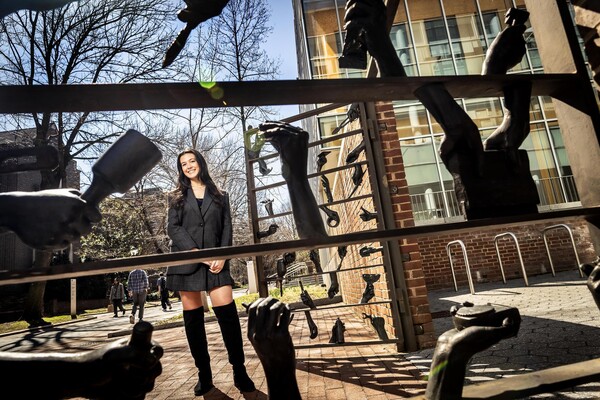
nocred